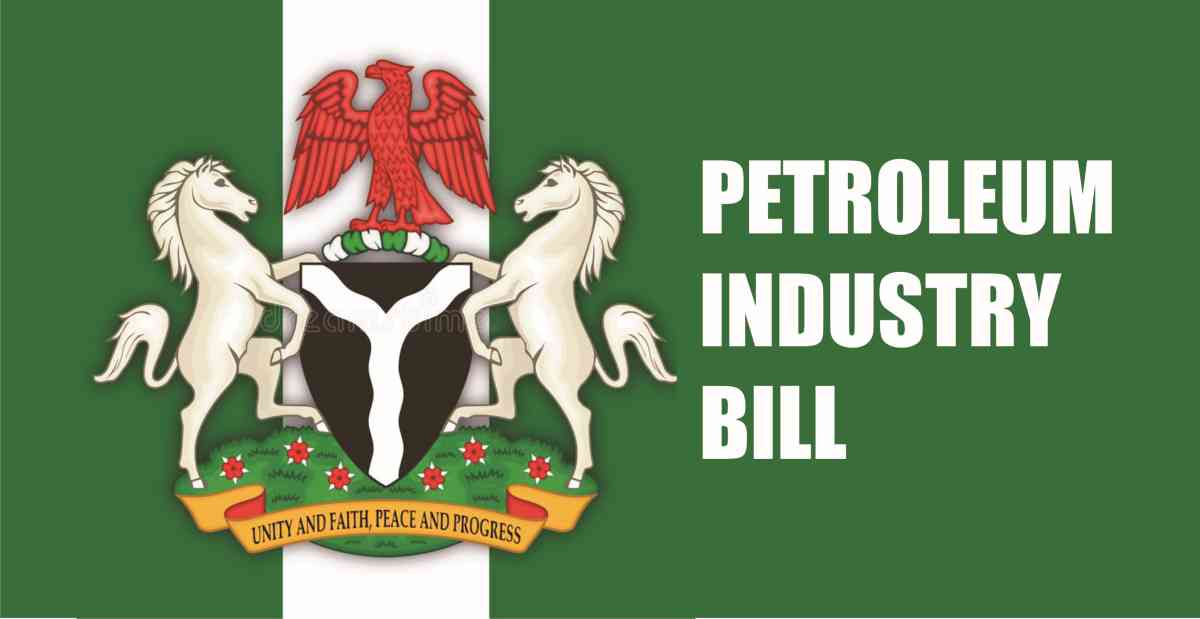The Petroleum Industry Bill (PIB), about to start coursing through the National Assembly processes for enactment into law, has to be the Mother of All Legislations (MOAL) in Nigeria’s history. Seventeen years in drafting, this tome of a bill purposes “to provide Legal, Governance, Regulatory and Fiscal Framework for the Nigeria Petroleum Industry, the development of Host Communities.” The product of this long endeavour, demonstrably important to the industry and the economy, politics and society, has clearly found favour with critical stakeholders, the international oil companies (IOCs) and, more particularly, the Host Communities. It’s the provisions it makes for the latter group and their ripple effect that is the focus of the observations here-under.
- PIB: Nigeria must utilise present opportunity before it is late – Reps
- Minister opposes PIB’s petroleum regulatory commissions
Chapter III of the bill sets out the framework for a new relationship between oil companies and the Host Communities. It replaces the countless Memoranda of Understanding (MoUs), routinely executed between the two sides but whose implementation Host Communities almost always fault.
The foundation of this new relationship is the incorporation by the oil companies of a Host Community Development Trust for every community in which they operate. The Settlors, as they are identified by law, shall annually fund the Trusts to the tune of 2.5 percent of their actual operating expenditure in the immediate preceding calendar year in each area of operation. A slew of other provisions specifies administrative/management structures for, as well as the objectives of the Trusts. The latter are the exact same duties imposed by the Constitution on government – federal, state or local. In the oil-producing areas of the country, therefore, a new tier of government will soon be grafted to the three specified in the Constitution.
This represents the concretisation of previous efforts to cater to the needs of the people of the Niger Delta, from the time of the First Republic with its Niger Development Board (NDDB) to the present. There was never a lack of goodwill or intention towards that end; when the Petroleum Industry Bill becomes law a new chapter, a new approach will have been initiated. Host Communities will have been “carried along”. An interesting clause in the section under review is that a Host Community will pay from its Trust for any wilful damage to oil infrastructure in its domain. This should hopefully stop the vandalism visited on oil facilities and obviate the need for pipeline security contracts.
With the advent of this new dispensation, the Host Communities Development Trusts, whose remit mirrors theirs, it is legitimate to question the status and relevance of institutions like the Niger Delta Development Commission (NDDC) and the Ministry of Niger Delta Affairs and the Presidential Amnesty Programme (PAP) in the affairs of the region. When in full flow, fund accretion to the Host Communities Development Trusts, in the aggregate, may well come to surpass budgetary allocations to the afore-mentioned agencies.
With this devolution of financial resources to the grassroots, even the constitutionally-mandated derivation principle may become subject to scrutiny, the intermediary role of state governments having been largely eroded.
The big nod given by this provision to host communities of the petroleum industry will undoubtedly spawn similar demands from communities in like situation. Communities home to other minerals or hosting key plant/ infrastructure will soon demand similar treatment. The politics of resource allocation will continue to fray the fabric of national unity.
M T Usman

 Join Daily Trust WhatsApp Community For Quick Access To News and Happenings Around You.
Join Daily Trust WhatsApp Community For Quick Access To News and Happenings Around You.


